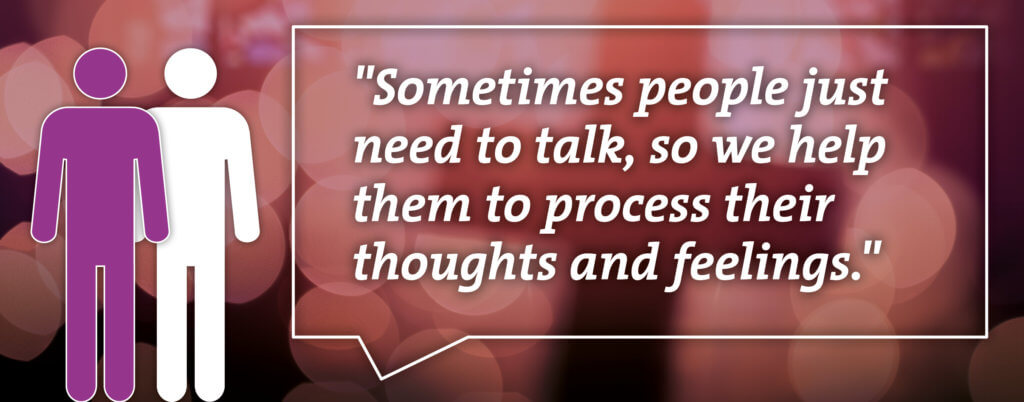Other types of palliative care provision
Palliative care can also be provided in hospitals, at home, and in care homes. It can be delivered by different types of professionals depending upon the support that’s required.
Palliative care in the NHS
General health professionals – such as GPs, social workers and district or community nurses – give palliative care day-to-day as part of their roles.
Specialist palliative care professionals usually work in teams and have had specialist training in this area.
Many hospitals have specialist palliative care teams, who can help with symptom control and with discharging (following an inpatient stay) or transferring to another care environment such as a hospice or community hospital.
Hospital teams will often include palliative medicine consultants and doctors, clinical nurse specialists and pharmacists. They will link closely with others in psychiatry, clinical psychology, chaplaincy, chronic pain management and social work.

Fran Kissack is a hospital chaplain, working within an NHS Trust to support all inpatients and their families – including those receiving palliative care.
“Chaplains offer spiritual, pastoral and religious care to everybody in the hospital, and it is a common misconception that we are only there for religious people.
We are there for everybody, and we try to support them in the way that they need. Sometimes people just need to talk, and we support them to process their thoughts and feelings.
Some people do want to pray with us, but very many of the people we support don’t have a faith.
With chaplaincy, it’s about holistic care. When you’re in hospital, your wellbeing needs to be supported as well as your physical health needs.”
Palliative care outside of the NHS
As well as palliative care from NHS services, there are other organisations that can deliver this type of care, particularly towards the end of life. They include the charity Marie Curie, who offer free palliative nursing care to people with all terminal illnesses (not just cancer) across the UK.
Generally, their nurses provide one-to-one nursing care and support overnight in your home, and they support family and friends too.
Private (paid-for) care providers also offer palliative care services. These providers may include care homes or homecare providers.
Gill received support from district nurses and their local hospice to care for her partner Andrew during his final days:
“Because of the palliative care support, Andrew was able to die at home. He was determined that’s where he wanted to be, and this helped his wish to be fulfilled.
We had no idea that palliative care could offer this type of support. We were provided with a bed so he could sleep downstairs, and a commode, so that he could be comfortable at home.
The hospice and district nurses were fantastic, all of the palliative care was, and he passed away peacefully, with me there. That meant a lot to me.”
















